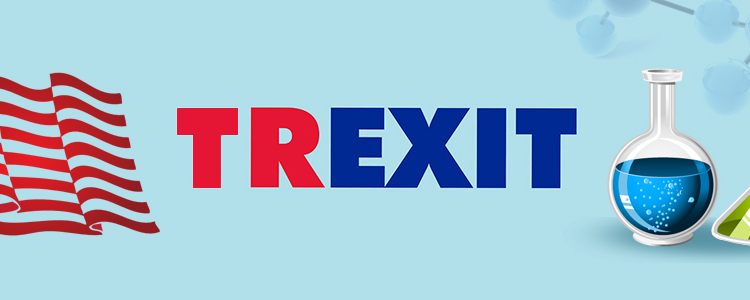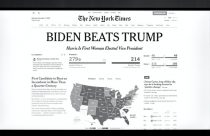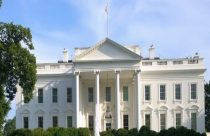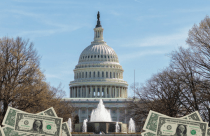Trexit: Immigration Ban Stifles Science & Research

President Donald Trump recently issued an executive order concerning immigration and refugees. For the next 90 days, citizens of Iran, Iraq, Somalia, Sudan, Syria, and Yemen will not be allowed into the USA. Refugees will not be allowed into the country for the next 120 days and Syrian refugees have been barred indefinitely. The executive order has resulted in chaos and uncertainty around the globe for citizens from the listed countries. Moreover, this order is also severely affecting scientists. On a personal level, scientists’ travel plans have been disrupted. Dr. Seyed Saravi is an Iranian scientist who has been offered a cardiovascular pharmacology fellowship at Harvard University. Despite the fact that he has an American visa, he will not be able to enter the country to commence his fellowship for at least three months.
Similarly, Samira Samimi who is an Iranian student at the University of Calgary in Canada was supposed to go to Greenland to obtain data which would help NASA determine the speed with which global warming is affecting the melting of the ice sheet so that she can complete her PhD. The executive order means that she will not be able to meet her colleagues in New York on her way to Greenland. Even if she could find an independent flight to Greenland, she might not be allowed onboard the flight which will take the team to remote field sites.
The International Council for Science has asked the American government to suspend the executive order because it violates the Principle of Universality of Science. Abe Alahmad is a Syrian-French scientist working at the Texas Tech University. He had plans to attend a conference in Germany in April with a focus on finding cures for stroke-related injuries. He is unsure if he will be allowed to return to the United States after the conference. Other scientists are also considering canceling or relocating conferences that were scheduled to be held in the USA to allow their colleagues from the restricted countries to attend. Some scientists who are not affected by the immigration ban are boycotting conferences in the USA in solidarity with their colleagues from these countries.
The Impact of the Ban
Scientific research is not the only area being affected by the Trump immigration ban. Technology companies like Facebook, Netflix, and Twitter have criticized the ban. Biotechnology entrepreneurs have also been denouncing the ban online. Approximately one of every three research and development scientists in the pharmaceutical industry are immigrants. However, this industry has not denounced the ban, leading some to think that the industry is unwilling to upset President Trump. At the same time, their silence may alienate their foreign employees.
The immigration ban may prompt a scientific brain drain as foreign-born scientists no longer feel welcomed in the United States. Farhad Ghobani, who is pursuing a PhD in Florida but is stuck in Istanbul because of the ban, is now considering completing his studies elsewhere. Ali Shourideh, an Iranian economist at Carnegie Mellon University, is of the opinion that the ban will result in the loss of professionals who no longer feel welcome in the USA. The rest of the world is ready to support their affected colleagues. As an example, the European Molecular Biology Organization (EMBO) has launched a Science Solidarity List to give scientists stranded because of Trump’s immigration ban a chance to connect with colleagues who can offer them temporary bench or desk space, library access, or accommodation.








